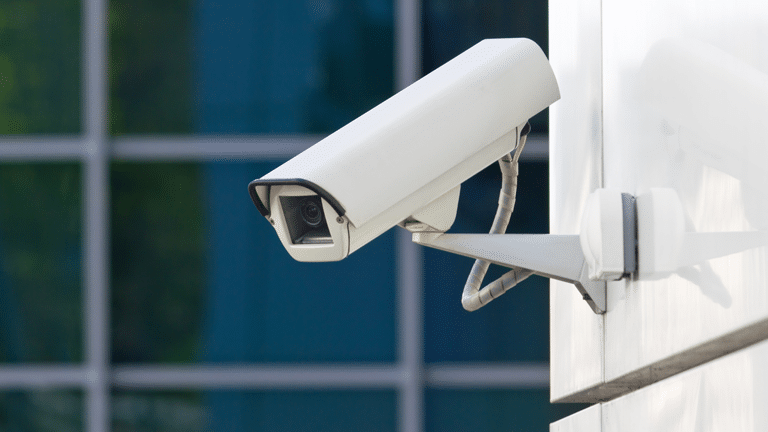In recent years, security systems with cameras have become an integral part of our lives, providing a sense of safety and protection in both residential and commercial spaces. However, as technology continues to advance at an unprecedented pace, the future of security cameras looks promising with exciting trends and innovations on the horizon.
From enhanced video analytics to advanced AI capabilities, here are some of the emerging trends and innovations that are shaping the future of security cameras.
High-resolution Imaging
One of the most significant developments in security cameras is the evolution of high-resolution imaging. With the advent of 4K and even 8K cameras, the clarity and detail of video footage have improved significantly. These higher resolutions allow for better identification of individuals, license plate numbers, and other crucial details, making it easier for law enforcement to investigate incidents. As storage costs decrease and internet speeds increase, high-resolution imaging will become more accessible and widely adopted.
Artificial Intelligence (AI) and Video Analytics
The integration of artificial intelligence and video analytics is revolutionizing the effectiveness of security cameras. AI algorithms can now analyze video footage in business security cameras in real-time, enabling automatic detection of suspicious activities, such as unauthorized access, loitering, or unusual behavior. Advanced facial recognition algorithms can accurately identify individuals and match them against watchlists or databases, enhancing security measures. Moreover, AI-powered systems can differentiate between humans, animals, and objects, reducing false alarms and improving the overall effectiveness of surveillance systems.
Mobile Monitoring and Remote Management
With the increasing reliance on mobile devices, security cameras are becoming more mobile-friendly. Mobile apps and platforms provide users with the ability to monitor their security cameras from anywhere, at any time. Additionally, remote management features allow for easy configuration, system updates, and troubleshooting, simplifying the overall user experience.
Privacy and Ethical Considerations
As security cameras become more prevalent, concerns about privacy and ethical considerations have come to the forefront. Future innovations will focus on addressing these concerns by incorporating privacy-enhancing technologies. For instance, the use of advanced encryption techniques will secure video streams and prevent unauthorized access. Additionally, the development of anonymization methods will help protect the identity of individuals captured in the footage, striking a balance between security and privacy.
Integration with IoT and Smart Home Systems
The future of security cameras goes beyond standalone devices. Integration with the Internet of Things (IoT) and smart home systems allows cameras to work seamlessly with other connected devices. For example, cameras can collaborate with motion sensors, access control systems, and voice assistants to create a comprehensive and intelligent security ecosystem. This integration enhances automation, alert systems, and remote control capabilities.
Enhanced Durability and Adaptability
In the future, security cameras will be designed to withstand extreme weather conditions and operate flawlessly in challenging environments. From extreme temperatures to heavy rainfall, these cameras will be built to be more durable and resistant to vandalism. Furthermore, they will be designed with greater adaptability, allowing for easy installation and integration with existing infrastructure. The future of security cameras lies in their ability to seamlessly blend into our surroundings while providing robust surveillance capabilities.


